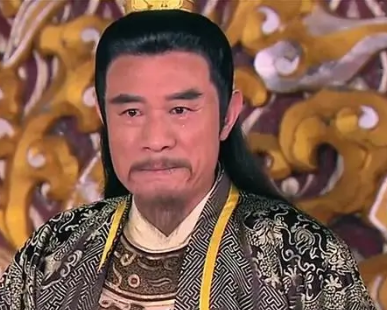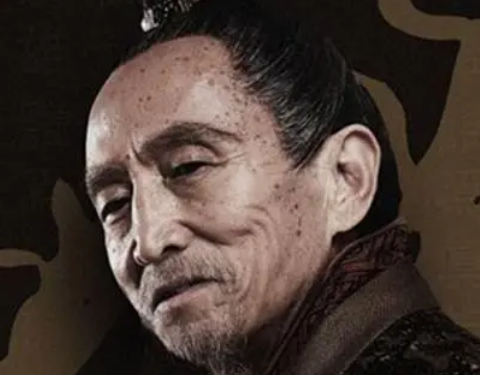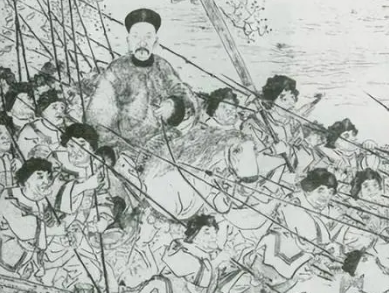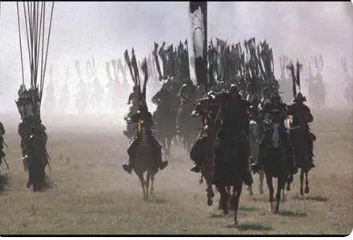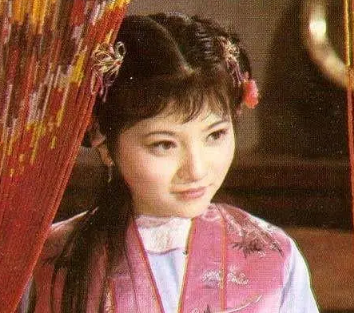As the last dynasty of China's feudal society, the political system of the Qing Dynasty developed on the basis of inheriting the Ming Dynasty. The cabinet system, as an important part of the central administrative system of the Qing Dynasty, bore the important task of assisting the emperor in governing the country. Among the cabinet, the cabinet scholars were a special group, and their responsibilities and roles deserve our further discussion. This article will introduce in detail the cabinet system of the Qing Dynasty and the responsibilities of the cabinet scholars.

I. Overview of the Qing Dynasty Cabinet System
The cabinet of the Qing Dynasty originated in the Shunzhi period, initially established to meet the needs of handling administrative affairs. The cabinet was composed of grand secretaries, secretaries, and other officials, and was mainly responsible for drafting and revising government documents and participating in decision-making on national affairs. Over time, the powers and functions of the cabinet gradually expanded, becoming one of the core institutions of the central government of the Qing Dynasty.
II. The Role of the Grand Secretary of the Cabinet
The grand secretary of the cabinet was the highest position in the cabinet, usually held by experienced and knowledgeable senior officials. They directly participated in the formulation and implementation of important national policies and had significant influence on the emperor's decisions. The grand secretaries also needed to guide and supervise other members of the cabinet to ensure the smooth progress of cabinet work.
III. The Responsibilities of the Cabinet Scholars
The cabinet scholars referred to officials who held lower-level positions in the cabinet and were usually graduates of the imperial civil examination. Their main responsibilities included assisting the grand secretaries in handling daily administrative affairs, drafting and reviewing government documents, and participating in discussions on national affairs. They were also responsible for document work such as archiving and recording meeting content.
IV. Other Functions of the Cabinet Scholars
In addition to the above responsibilities, cabinet scholars may also be dispatched to the local level to perform specific tasks, such as examining the performance of local officials and supervising tax collection. Their experience and performance in the local area often affected their career development. In addition, cabinet scholars had the opportunity to accumulate political experience by participating in the formulation and implementation of important policies, laying the foundation for future promotions.
Conclusion:
Overall, the cabinet system of the Qing Dynasty was a complex administrative system that reflected not only the political structure and cultural traditions of the time but also the importance attached by the Qing government to governing the country. Although the cabinet scholars had a relatively low status in the cabinet, their responsibilities were significant and played an indispensable role in the operation and development of the country. Through understanding the responsibilities of the cabinet scholars, we can gain a deeper understanding of the political system and bureaucratic structure of the Qing Dynasty.
Disclaimer: The above content is sourced from the internet and the copyright belongs to the original author. If there is any infringement of your original copyright, please inform us and we will delete the relevant content as soon as possible.















